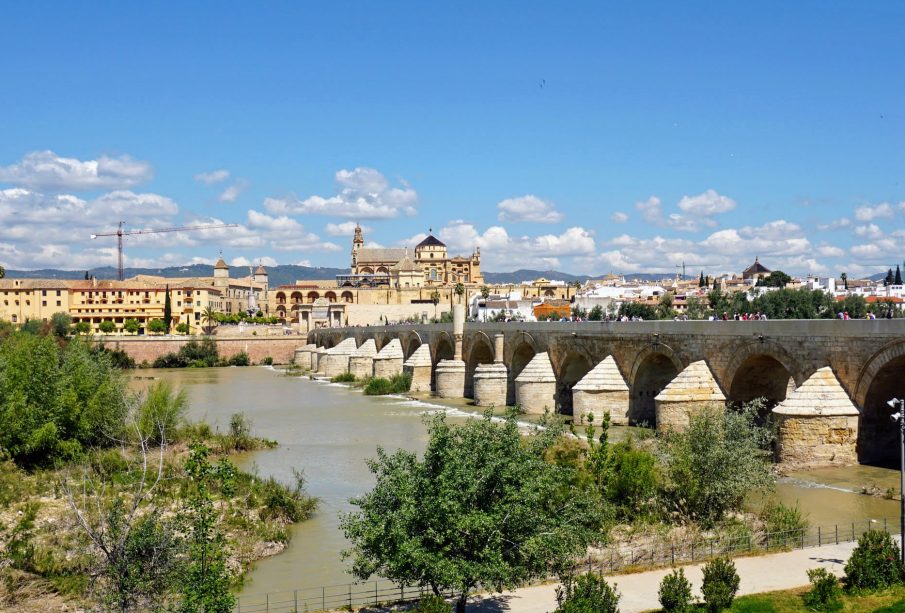Exploring the Historical Significance of Cordoba

The Importance of Cordoba
Cordoba is a city located in southern Spain, renowned for its rich history and cultural significance. Once the capital of the Roman province of Hispania Baetica and later the Islamic caliphate, Cordoba stands as a testament to Spain’s diverse history. Its influence on art, architecture, and religion during the Middle Ages has made it an important site for tourists, historians, and scholars alike.
Historical Background
Founded in the 2nd century BC by the Romans, Cordoba thrived as a cultural centre during the Caliphate period (8th to 11th centuries). The city became famous for its advancements in education and philosophy, as numerous scholars gathered to share knowledge. One of the most notable landmarks from this era is the Great Mosque of Cordoba, a UNESCO World Heritage Site, which symbolises the city’s Islamic past and architectural innovation.
Modern-Day Cordoba
Today, Cordoba continues to attract visitors from around the globe with its blend of history and modernity. The annual Festival of Patios, recognised by UNESCO, showcases traditional Andalusian courtyard designs filled with vibrant flowers. This celebration exemplifies the city’s commitment to preserving its cultural heritage while embracing contemporary life. In recent years, Cordoba has also enhanced its tourism infrastructure, ensuring visitors can easily access its many historical sites.
Cultural Significance and Future Outlook
The allure of Cordoba lies not only in its historical landmarks but also in its vibrant culture and traditions. The city has a diverse population, and its cultural festivals reflect a blend of Jewish, Christian, and Islamic influences that have shaped its identity. As the city continues to evolve, maintaining its historical significance while embracing modern developments is crucial.
Looking ahead, Cordoba is positioned to further enhance its reputation as a cultural tourism hub in Spain. Local authorities are investing in the preservation of historical sites and developing sustainable tourism initiatives aimed at balancing visitor experiences and conservation.
Conclusion
Cordoba represents a unique crossroads of history and culture, and its continued importance in Spain cannot be overstated. As it evolves, the city remains dedicated to honouring its rich past while embracing the future, making it a must-visit destination for anyone interested in the complex tapestry of human history.









